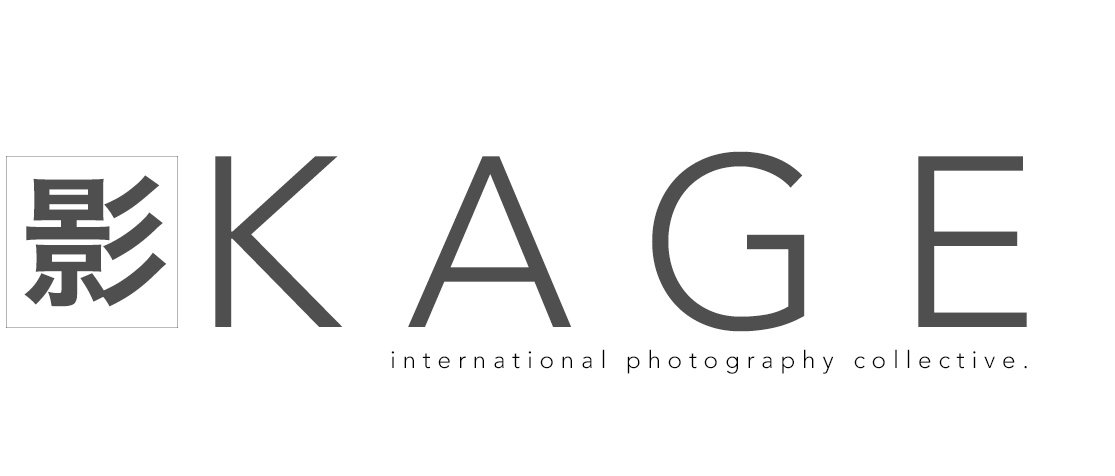By Patrick La Roque
Ok, first things first: I doubt the following article is going to be a game changer for anyone. I’m well aware of this. Most of us already know how thin the line between objective and subjective can be — we perform a balancing act every time we pick up the camera. And I certainly don’t intend this as a diatribe or a call to arms. Take it as a stream of consciousness on a subject that’s haunted me for years; more so since we began the Kage project.
You see, I don’t believe in truth. At least, not in the quasi-mythical sense that photojournalism claims to uphold. And please believe me when I say this is absolutely not a diss against what I consider one of the most courageous and important professions there is… I simply don’t believe in one, empirically objective reality that negates all others. I believe in point of view and opinion, in tens of decisions tainted by culture and experience. I believe that no matter how hard we try, we can only exist within an entirely subjective set of values that always, always impacts our images. It can be a small thing or it can sway an entire story; but it’s present at every turn. Because no matter how well intentioned we are , we’re always acting on an ulterior motive: we’re hunting for the shot. It’s the fire that fuels our lives and the very impulse that has yielded some of the most important images in history. None of us are pure — at our core we’re all self-motivated and reaching for that brass ring.
In my mind, this can be embraced — as long as honesty and respect remain at the core of our work.
Ground Truth
The advent of digital photography has brought an increased focus on the perceived threat of image manipulation — post-processing manipulation. But I think the more insidious act of doctoring is the one that occurs before clicking the shutter.
About two years ago I saw a show on TV about documentary photographers on assignment and it stuck with me. I won’t name the publication behind it but needless to say… Big. Huge. In this one episode a photographer was shooting a job on a native tribe’s customs (I forget where or whom exactly… Sorry, it’s been awhile) and he apparently had a problem with the time of day at which they were planning to perform a specific ritual: the light wouldn’t be right. Hey… we all love the golden hour. So he asked the chief and spiritual leaders to move the ceremony. They were angry, they didn’t want to do it… But in the end they agreed, against their will, grudgingly. The fact that most of the show was devoted to resolving this “problem” attested to this being perfectly normal, acceptable behaviour — the stuff-you-need-to-deal-with in the field.
Really? For me this was an alteration of physical reality to trump all the cloning and desaturation in the world. A negation of facts in total disregard of the subject. Events must drive images... Not the other way around.
One truth
We’re tamperers. The very act of focusing our gaze towards a single point in space, discarding elements outside our field of view in favour of specifics, is a profoundly subjective decision. We’re constantly playing with context in any scene we shoot. Within fractions of a second we can capture the same face either sullen or gleeful — and yet the one we keep, the one we present to the world, will define that moment’s entire emotion and become its own micro reality.
So in my mind, what remains as the one truth possible, the only baseline we all share… Is non-interference. Being a witness at all costs. It sounds simple and obvious but historically, it’s probably been the invisible hand shaping our perceptions. We can’t help being who we are and interpreting a scene within our own cultural boundaries, but we can force ourselves into never directing events as they unfold. Events must be immutable.
If we stay true to this, I believe we can own our point of view and stop pretending to be these distant, perfectly objective creatures. And if photojournalism as we know it is dead, killed by a million citizen-journalists tapping away at their smartphone screens, maybe it’s time to enter an era of photo-editorialists, without shame. When news organizations are turning to crowd sourcing for most of their content, when cameras are everywhere at all times, recording events as they happen, maybe the photographer’s job has to shift to remain relevant.
Perhaps what we need now are poets, able to express the greater reality of our world outside the confines of traditional rules, towards a new visual truth aware of both its failings and power.
Same as the old truth but unencumbered — and always, profoundly respectful.




